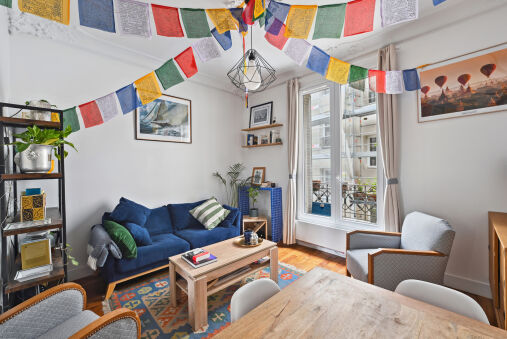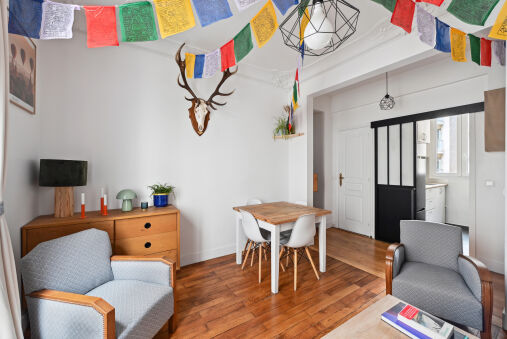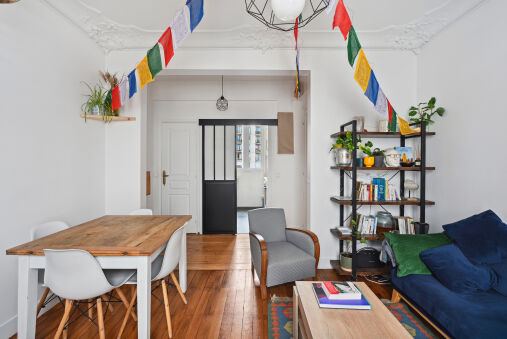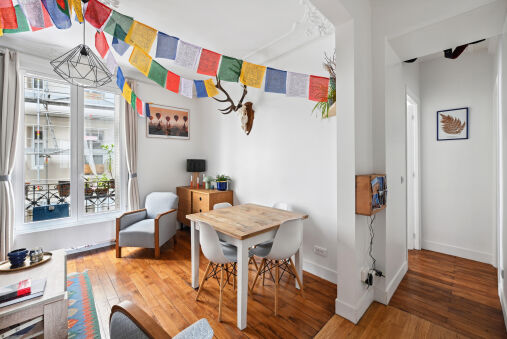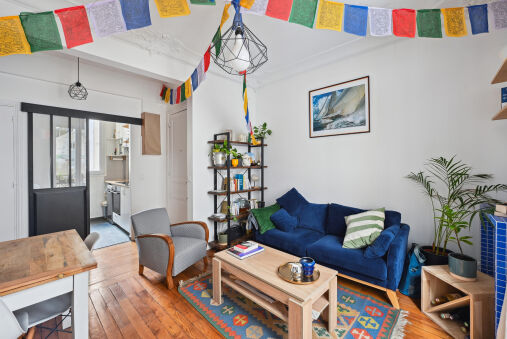Industry
Beyond ownership – are we modern nomads?
We love to look back at the highlights of the previous 12 months – but also to consider resolutions, with the immanent arrival of a new year. Sometimes, there are tempting thoughts to try something completely different: such as leaving it all behind and travelling.To many the idea of a ‘nomad’ strikes images of conveys travelling across vast distances, perhaps through a searing hot landscape. However, 2017 may mark the beginning of a trend towards such mobility, and not being tied down. The way we use the essentials of our daily lives – our homes, cars, clothes – are changing. So what does ‘ownership’ mean today – and are we becoming modern nomads?
New forms of ownership

In some aspects central to everyday life, many people already are losing a sense of ownership. Music was once a tangible object, heard with a record player and then, later, on CDs. It was first relegated to a digital file with the advent on MP3 players, before being accessed through wide-reaching subscription services such as Spotify. The same is true of other forms of digital media: from movies to magazines, the way we access our content has been radically altered by the internet and the proliferation of portable devices such as smartphones and tablets. As described by
the FT
, “rights of access become more important than rights of ownership.”
The sharing economy
This has been taken a step further with the rise of the ‘
sharing economy
‘. Boosted by the financial crisis of 2007 and the spread of smartphones, businesses have created platforms and services that allow people to borrow and access everyday items: customers use products for short periods that would not otherwise be in their reach; producers earn extra cash by renting out their otherwise idle assets. This is most notable with car-sharing firms such as Uber or HiyaCar, and Airbnb, who provide a basic platform for renting out spare rooms. Again, the use of assets, including homes, increasingly relies on access, and not ownership – including over short-term periods.

The new world travellers
Tourism is rising quickly, with a growth in the number of traveller worldwide, and especially in the UK. Indeed, Britons earning over £13,000 are predicted to spend £63.4bn on travel in 2025, 58% more than in 2015. This is, however, particularly skewed towards older generations who are living longer and more likely to be asset-rich than their younger counterparts. Those under 34 will be spending a mere 1.3% more on travel, while they have been widely labelled ‘generation rent’ to reflect their lack of position on the housing ladder. What emerges is a pattern of older property owners travelling more, while younger renters remain at home, without their own home.
Modern nomad? Probably not
Gustav Andersson once worked a regular 9-5 job in the City of London, in IT. He decided one day to uproot himself and become the ‘
Modern Nomad
‘, devoid of possessions and free to travel the world. While this is undesirable for most, we are travelling more, and reconsidering our ideas of ownership in the 21st century. We may not become modern nomads but certainly the way we access our homes, goods and services is challenging traditional ideas of ownership.









 paris
paris




